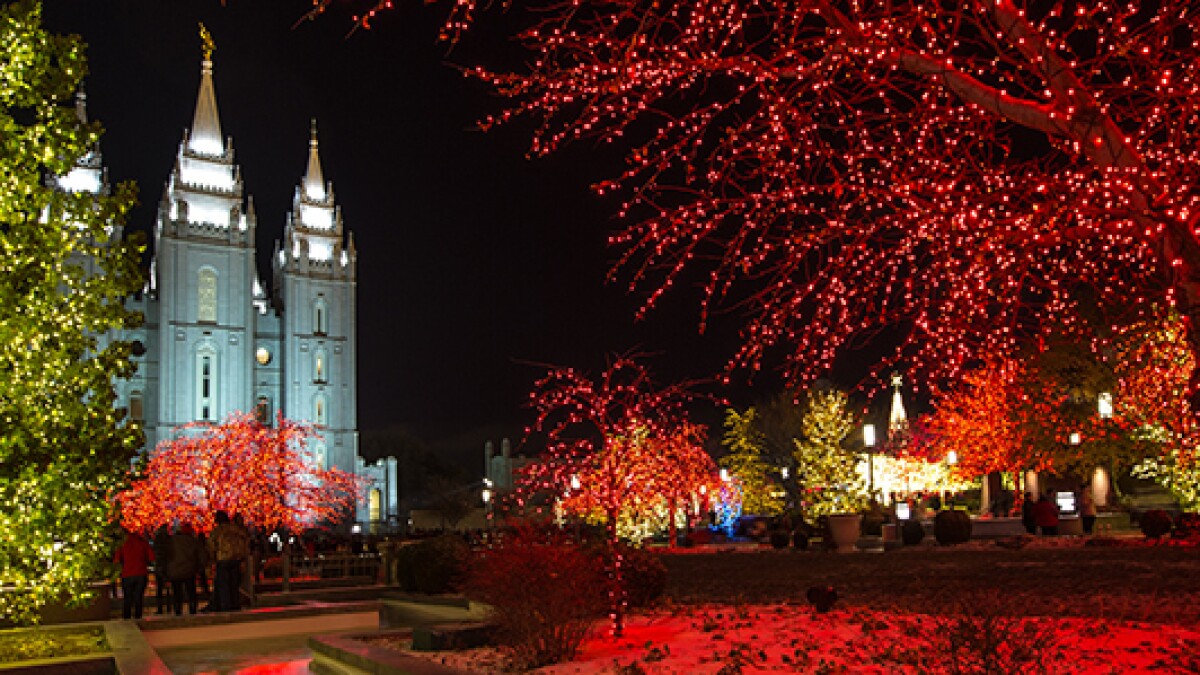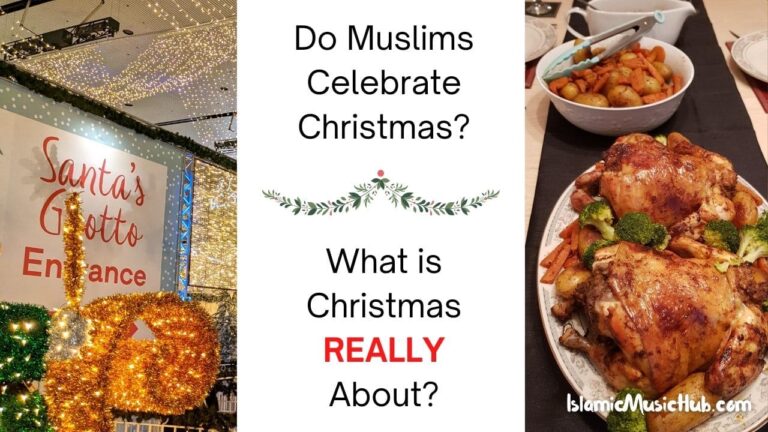Christmas is one of the most widely celebrated holidays around the world, a time of joy, gift-giving, and reflection on the birth of Jesus Christ. However, different religious groups have varying traditions and interpretations when it comes to this festive season. One common question that arises is: Do Mormons celebrate Christmas?
The short answer is yes, Mormons, or members of The Church of Jesus Christ of Latter-day Saints (LDS), do celebrate Christmas. However, their celebration is deeply rooted in their religious beliefs and may have distinctive features compared to more mainstream Christian practices. In this post, we will explore how Mormons observe Christmas, the significance they place on it, and the unique traditions they uphold during this special time of year.
The Centrality of Christ in Mormon Belief
At the heart of the Mormon faith is the belief in Jesus Christ as the Savior and Redeemer of the world. The Church of Jesus Christ of Latter-day Saints takes its name from Him, and the members see themselves as His modern-day followers. This foundational belief places Christ at the center of their faith, teachings, and lifestyle.
Because of this, Christmas holds deep spiritual significance for Mormons. It is seen as a time to celebrate the birth of Jesus Christ, who they believe is the Son of God and the Messiah foretold in ancient scripture. Mormons emphasize that Christmas is not just a cultural holiday but a sacred time to reflect on Christ’s divine mission and atonement. This mirrors the spiritual focus of many Christian denominations, but for Mormons, the emphasis is particularly pronounced in both personal and church-related observances.

How Mormons Celebrate Christmas
Mormons celebrate Christmas in ways that are both similar to and distinct from other Christian groups. While many familiar customs like gift-giving, caroling, and festive decorations are common, the way these traditions are integrated into their faith practice provides a unique perspective.
1. Worship and Church Services
Church attendance plays a significant role in Mormon Christmas celebrations. Members of the LDS Church gather for special Christmas-themed services during the holiday season. These services often include sermons, musical performances, and readings from the Bible, particularly from the accounts of Christ’s birth in the Gospels of Matthew and Luke.
One key feature of LDS worship is the First Presidency’s Christmas Devotional, an annual broadcast featuring messages from church leaders. The event, usually held in early December, includes talks that focus on the Savior, and Christmas hymns sung by the renowned Tabernacle Choir. This devotional serves as a spiritual kick-off to the holiday season for Mormons worldwide.
2. Focus on Family
Many Mormon families observe Christmas by engaging in wholesome, family-centered activities. Traditions such as reading the nativity story from the Bible, holding family prayer, or reenacting the events of Christ’s birth are common. These activities allow family members to focus on the spiritual meaning of Christmas and celebrate together in a Christ-centered way.

3. Service and Giving
Another central aspect of Mormon Christmas observance is service to others. In alignment with Christ’s teachings to love and serve one another, many Mormons dedicate time during the Christmas season to helping those in need. This might include participating in charitable projects, visiting the sick or elderly, or donating to those less fortunate.
The LDS Church runs various humanitarian efforts during the holiday season, including the Light the World campaign. This initiative encourages members and non-members alike to perform small acts of kindness and service throughout December. From volunteering at food banks to donating clothes, the emphasis is on following Christ’s example of selflessness and love during the Christmas season.
4. Festive Traditions
While the religious aspect of Christmas is paramount, Mormons also partake in the more secular aspects of the holiday. Decorating Christmas trees, exchanging gifts, and putting up lights are common practices among Mormon families.
Mormon homes may also include nativity scenes as part of their Christmas decorations, and it is not unusual for church buildings to have nativity displays or participate in community events like live nativity reenactments. These visual symbols serve as reminders of the sacredness of Christ’s birth and help keep the spiritual meaning of Christmas at the forefront of their celebrations.
Differences in Christmas Celebrations Among Mormons
While the majority of Mormons around the world celebrate Christmas, the way they observe the holiday may vary depending on cultural and regional traditions. For example, Mormons in countries where Christmas has different or less commercial significance may have simpler or more spiritual-based celebrations. Conversely, Mormons in regions where Christmas is a more commercial holiday may incorporate some of the local customs while still maintaining a strong religious focus.
Mormon missionaries, who often serve far from home, may have different Christmas experiences. While they may not have their families with them, many missionaries celebrate Christmas by focusing on teaching about Christ and performing acts of service in their mission areas. Often, they will gather with other missionaries for a meal or a small celebration, but the emphasis is always on their faith and spreading the message of Jesus Christ.

The True Meaning of Christmas for Mormons
At its core, the celebration of Christmas for Mormons is about remembering the life and mission of Jesus Christ. While there are festive elements, Mormons strive to make the season more than just about gifts, decorations, or Santa Claus. The focus is on the Savior, His humble birth in Bethlehem, and His role in bringing salvation to humanity.
Mormons believe that Christmas is a time to reflect on the love and peace that Christ brought into the world. It’s a time to deepen one’s faith, serve others, and bring families closer together.



















